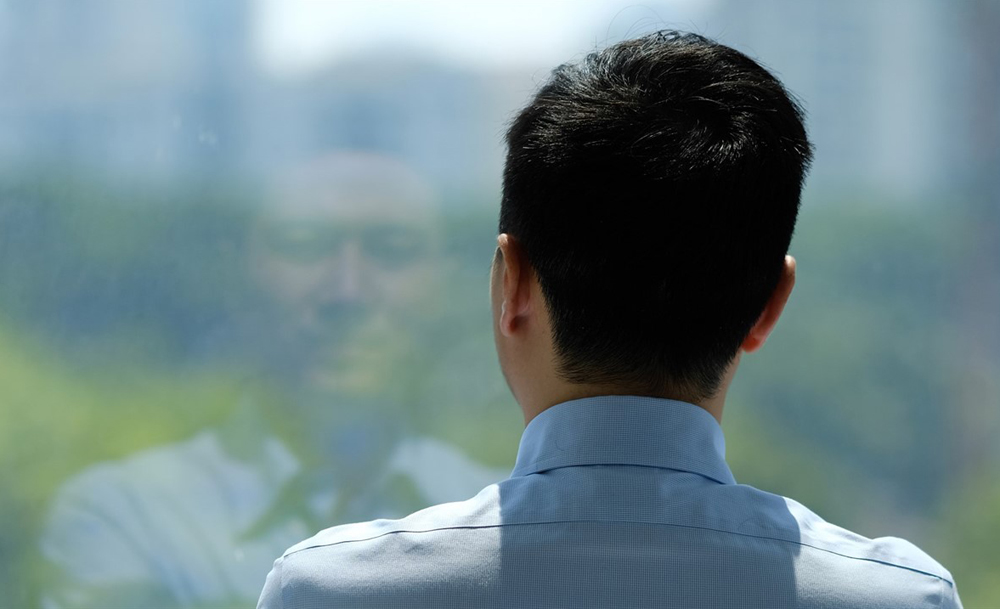There’s a delicious irony that Dr. He Jianui, known colloquially as JK, finds himself about to be edited out of the historical record at the start of “Make People Better,” finding the biologist sitting in prison after thinking he’d be celebrated for a scientific breakthrough. From his native China, he calls not a lawyer, but Dr. Ben Hurlbut, a bioethicist at Arizona State University to start the process of recording his testimony, a testament to what power there is in storytelling and the fact that as significant as his work may have been as a scientist, losing control over the narrative may have doomed it.
This is particularly rich when Dr. He sought to be a pioneer in human genome editing, theoretically able to catch worrying genetic defects and bestow enhanced immunity while future children were in utero. There remains skepticism whether he actually succeeded when there was no public acknowledgement that babies had actually been born from his process and blowback from the mere idea has led the Chinese government to remove any references to his work on the internet, but his arrest and detainment opens the door to a number of profound questions in Cody Sheehy‘s suspenseful documentary, which uncovers what it can about the purported birth of twins that underwent the genetic editing and considers the separation between enthusiasm within the scientific community regarding what can be achieved and what the public will understand and accept.
In spite of Sheehy tactful avoidance of making any judgments, moral or otherwise, of anyone in the film, “Make People Better” certainly benefits from the human quirks of its characters, whether it is Dr. He who may have deluded himself about what he’s working towards or Antonio Regalado, the MIT Technology Review journalist who is inspired to follow the story out of a lurid interest to tell stories that would appear to be ripped from the pages of the tabloid World Weekly News but are based in actual scientific development. The film has to bend over backwards to track his investigation that leads to Dr. He’s arrest, a structure that occasionally requires awkward contortions to move back and forth between the two given what’s established upfront, but when the mystery lies not in what happened to Dr. He, but why, the leeway to dig into the predicted implications of his work versus what happens in practice becomes a compelling driving force.
While the question of whether Dr. He’s progress on genome therapy is ethically sound or he is just willing to do what others wouldn’t because of their own moral boundaries hangs in the air, “Make People Better” introduces an equally provocative and less obvious inquiry as the carefully planned rollout of Dr. He’s work is upended by Regalado’s reporting, leaving one to wonder if the experiments would have found broader support if they were framed differently. As difficult as it becomes for Dr. He and his team to explain the science, Sheehy and collaborators Samira Kiani and Mark Monroe have far less trouble in spite of the complexities at hand, not only easing one into the intricacies of genetic sequencing with the likes of the innovative molecular engineer George Church but getting a grasp on the massive international networks that both facilitate and threaten Dr. He’s labs. Although the future is clearly here in terms of what genetic manipulation can be done to an embryo, “Make People Better” locates an engaging, good old fashioned tale in what people do with that knowledge.
“Make People Better” will screen again at Hot Docs on May 3rd at 10:45 am at the Isabel Bader Theatre and May 7th at 11:45 am at the TIFF Bell Lightbox 1.




